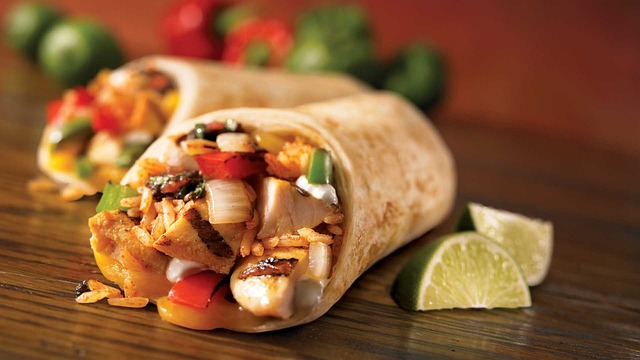Introduction
Fast food places have become an integral part of our modern lives, offering convenience and a wide range of culinary delights that cater to diverse tastes and preferences.
These establishments, often characterized by speedy service and affordable prices, have gained immense popularity globally.
In this article, we will explore the fast food phenomenon, its history, its impact on society, and its enduring appeal.
A Brief History
Fast food as a concept dates back thousands of years, but the modern fast-food industry emerged in the 20th century.
One of the earliest pioneers was White Castle, founded in 1921, which introduced the notion of standardized, affordable hamburgers in America.
This marked the beginning of a culinary revolution that would soon sweep the world.
Ray Kroc's acquisition of a small California-based burger chain, which he transformed into the global giant known as McDonald's, played a significant role in shaping the fast food industry.
It was not only about the food; it was about creating a consistent, efficient system for preparing and serving it quickly.
The Rise of Fast Food Culture
The fast food culture quickly spread to various corners of the globe, adapting to local tastes and preferences.
In India, for example, you can find fast food chains offering vegetarian and spicy options, like the famous Indian burger, the "Vada Pav." In Japan, "ramen joints" and "bento" stands cater to the need for quick, delicious meals.
Fast food has also brought about changes in eating habits.
The convenience of grabbing a quick meal on the go or ordering from a drive-thru has transformed how we dine. It's not just about sustenance; it's an experience, often shared with friends or family.
Variety and Convenience
One of the main appeals of fast food places is the wide range of options available. You can choose from burgers, fries, fried chicken, pizza, tacos, and more.
Additionally, many fast food chains offer diverse menu items, catering to dietary preferences, whether you're vegetarian, vegan, or gluten-free.
The convenience aspect is another key driver. Fast food restaurants are strategically located, allowing people to access quick meals, sometimes 24/7, without the need to make reservations or spend hours waiting for food.
This convenience aligns with the fast-paced, on-the-go lifestyle of the modern world.
Economic Impact
Fast food places are often seen as contributors to economic development.
They create jobs, not only in the restaurants but also in the supply chain, from agriculture to distribution.
Fast food franchises also provide opportunities for entrepreneurship, enabling individuals to open their own franchise locations.
The debate about these aspects continues to evolve, as many workers push for fair wages and better treatment.
Nutritional Concerns
One of the most significant criticisms surrounding fast food places is their nutritional value or lack thereof.
Many fast food items are high in calories, saturated fats, and sugars, which can contribute to health issues like obesity and heart disease when consumed in excess.
In response, some fast food chains have begun offering healthier menu options, aiming to strike a balance between convenience and nutrition.
Conclusion
Fast food places have become a prominent part of our culinary landscape, offering an array of delicious and convenient options.
While they have been criticized for their nutritional content and labor practices, they continue to serve a vital role in our modern society.
The fast food industry has evolved and adapted to meet the demands of an ever-changing world, and it is likely to remain a significant part of our lives for the foreseeable future.
Whether you're in the mood for a classic burger, a spicy taco, or a gourmet salad, fast food places offer a world of culinary delights at your fingertips.
FAQs
Are fast food restaurants a recent invention?
No, the concept of fast food dates back thousands of years, but the modern fast-food industry emerged in the 20th century.
Do fast food chains cater to dietary preferences?
Yes, many fast food chains offer menu items for various dietary preferences, including vegetarian, vegan, and gluten-free options.
How have fast-food restaurants impacted the economy?
Fast-food places have contributed to economic development by creating jobs and opportunities for entrepreneurship.












